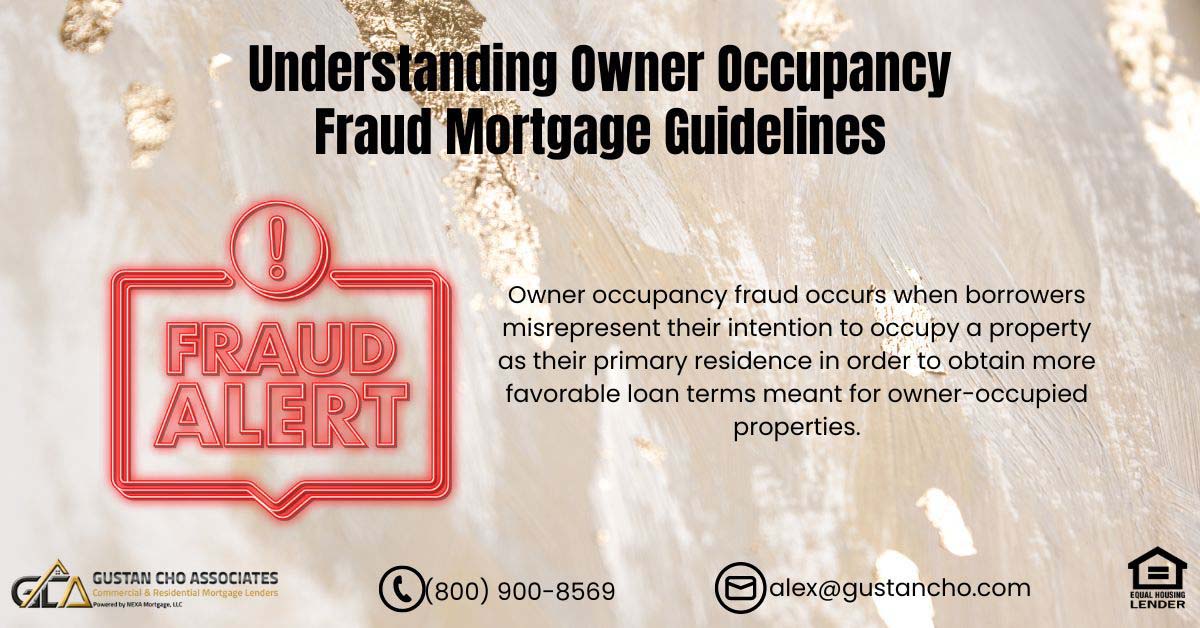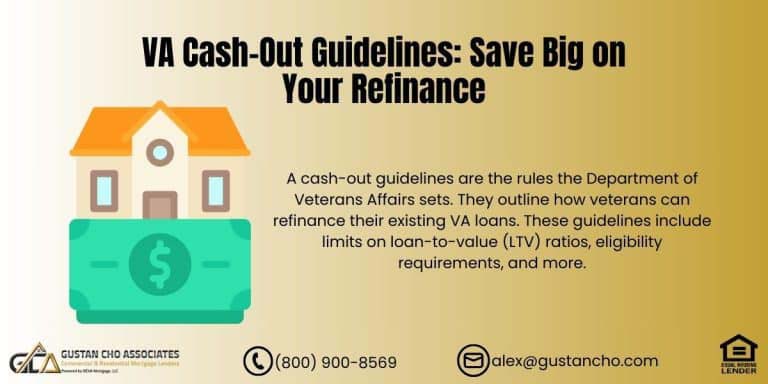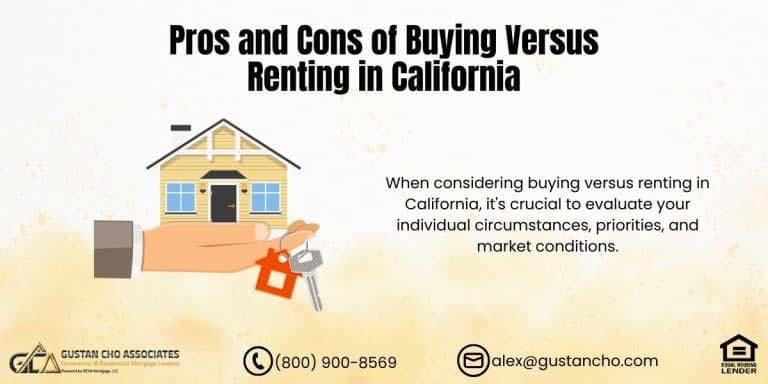Owner Occupancy Fraud: Everything You Need to Know to Avoid Serious Consequences in 2024
When applying for a mortgage, your lender will ask whether you plan to live in the home or use it as an investment property. If you’re tempted to say you’ll live there—even if you plan to rent it out—think twice.
Misleading your lender about the type of property you’re buying can get you into serious trouble. This is called owner occupancy fraud, and it’s a federal crime.
In this guide, we’ll explain owner occupancy fraud, why it matters, and how to avoid it. We’ll also discuss the differences between owner-occupied, second—home, and investment—property mortgages and the consequences of committing fraud. Whether buying your first home, refinancing, or considering a rental property, knowing the rules is key to staying out of trouble and making the most of your mortgage options in 2024.
What is Owner Occupancy Fraud?
Owner occupancy fraud happens when borrowers lie about their intention to live in a home to get better mortgage terms. Lenders typically offer better interest rates and lower down payments for homes you’ll live in yourself rather than those you’re buying as rentals or investments. When someone falsely claims they will live in the home but actually intends to rent it out, they are committing fraud.
This can happen in a few ways:
- A buyer applies for an owner-occupied mortgage but rents out the property instead.
- A buyer purchases a home for a family member but claims they will live in it themselves.
- A buyer says they’ll live in the home and plan to sell it for a profit soon after.
While these scenarios might not seem like a big deal, they’re considered mortgage fraud—and lenders take this very seriously.
Already Closed and Worried You Made a Mistake on Occupancy?
Talk to us before you panic—we’ll help you understand the risks and your options
The Three Types of Property Mortgages
Before diving deeper into owner occupancy fraud, let’s cover the basics of mortgage types:
- Owner-Occupied Mortgage Loans: These loans are for homes where the borrower will live full-time. They have the best interest rates and the lowest down payments.
- Second Home or Vacation Home Loans: These loans are for properties you plan to live in part-time. The down payment required by lenders is typically higher for a non-owner-occupied mortgage, and the interest rates may be a bit elevated compared to those for an owner-occupied mortgage.
- Investment Property Loans: These are for homes you plan to rent out. Because rental properties are considered riskier, the down payments and interest rates are significantly higher.
Why Lenders Offer Better Terms for Owner-Occupied Homes
Mortgage lenders provide better terms for owner-occupied properties because these homes carry less risk. Living in the home makes you less likely to default on the mortgage when times get tough. You’ll do whatever it takes to keep the roof over your head.
But if it’s a rental property, the risk increases. If a tenant stops paying rent or the property loses value, you may prioritize your home over the investment property. Lenders impose higher interest rates and demand high down payments for investment properties and second homes.
How Lenders Detect Owner Occupancy Fraud

- Check your driver’s license or utility bills for matching addresses.
- Asking for proof of your mailing address and comparing it to the loan application.
- Following up after closing to ensure you’ve moved into the property.
Many lenders require borrowers to sign an occupancy affidavit at closing. This is a legal document where you swear you’ll live in the home for at least one year. If you misrepresent your plans, you could face the consequences mentioned above.
Can You Move Out Early?
Life happens. If you need to move before the one-year requirement is up, lenders will usually understand if you have a valid reason. For example:
- Job Relocation: You’re transferred to a new city.
- Family Circumstances: A death or illness in the family forces a move.
- Need for a Bigger or Smaller Home: You outgrow the home or need to downsize.
You won’t face penalties if you intend to live in the home when you bought it and circumstances change later. However, if you always planned to rent or sell the home and lied on your application, you could be charged with fraud.
What If I Want to Buy a Home for Someone Else?
Buying a home for a relative—like a child or parent—is possible, but it must be done correctly. Some mortgage programs, like FHA loans, allow for non-occupant co-borrowers. This means you can help a family member qualify for the loan, even though you won’t live in the home. However, the primary borrower must occupy the home themselves.
You cannot pretend to buy the home for yourself when you plan for someone else to live there. This is considered owner occupancy fraud.
Penalties for Owner Occupancy Fraud in 2024
The penalties for owner occupancy fraud are severe and have been consistently updated to reflect the seriousness of the crime in 2024. If caught:
- Loan Acceleration: Your lender can demand you repay the entire loan balance immediately.
- Foreclosure: If you can’t repay the loan, your lender can foreclose on your home.
- Federal Charges: Engaging in this type of mortgage fraud is a federal crime. You could face fines of up to $1 million and a prison sentence of a maximum of 30 years.
- Damaged Credit: A fraud charge will stay on your credit report for years, making it hard to qualify for future loans.
Don’t Risk Owner Occupancy Fraud Over Confusion
We’ll explain the guidelines in plain English so you stay 100% compliant
Tips to Avoid Mortgage Fraud
To steer clear of owner occupancy fraud and other forms of mortgage fraud, follow these guidelines:
- Be Honest on Your Loan Application: Always be truthful about your intentions for the property.
- Know the Terms of Your Loan: Understand whether your mortgage is for an owner-occupied, second home, or investment property—and follow the rules.
- Ask Questions: If unsure about the guidelines, ask your lender for clarification.
Owner Occupied vs. Non-Owner Occupied Loans: What’s the Difference?
Knowing the difference between owner-occupied and non-owner-occupied loans can save you from making a costly mistake:
- Owner-Occupied Loans: You plan to live in the home full-time. These loans come with the best interest rates and the lowest down payment options. For example, FHA loans require just a 3.5% down payment, and VA or USDA loans require no down payment at all.
- Second Home/Vacation Home Loans: You plan to live in the home part-time. Down payments start at 10%, and interest rates are slightly higher than owner-occupied loans.
- Investment Property Loans: You plan to rent the home or flip it for a profit. These loans come with the highest down payments—usually 20% to 25%—and higher interest rates.
If you want to qualify for the lowest rates, make sure you’re applying for the right type of loan based on how you intend to use the property.
How Do Lenders Catch Occupancy Fraud?
Lenders have become more vigilant about spotting occupancy fraud. Here are some ways they might catch you:
- Surprise Visits: Some lenders send representatives to check if you live in the home.
- Looking at Social Media: Are you posting about your new rental property on social media? Your lender might see it.
- Checking Public Records: If you file a rental property declaration for tax purposes but said it was your primary home, your lender could notice the discrepancy.
In 2024, lenders have even more tools to catch borrowers committing fraud, thanks to technological advancements like AI-driven fraud detection software.
The Bottom Line: Don’t Risk It!
If you’re thinking about misrepresenting your intent to live in a home to get better mortgage terms, think again. Owner occupancy fraud can lead to severe consequences, from fines and foreclosure to prison time. It’s simply not worth the risk.
If you need help deciding which type of mortgage loan to apply for, talk to your lender. Be honest about your plans for the property, and you’ll find the right loan that fits your needs without risking fraud charges.
Need Help with Your Mortgage?
If you have questions about buying a home, refinancing, or other types of mortgage loans available to you in 2024, we’re here to help. Contact Gustan Cho Associates today at 800-900-8569 or email us at alex@gustancho.com for personalized advice. We can help you get the best mortgage terms without the risk of committing fraud.
Frequently Asked Questions About Owner Occupancy Fraud:
Q: What is owner occupancy fraud?
A: Owner occupancy fraud occurs when a borrower falsely claims they will live in the property as their primary residence, even though they intend to rent it out or use it as an investment. This misrepresentation is illegal and considered mortgage fraud.
Q: Why is owner occupancy fraud a big deal?
A: Lenders offer better mortgage rates and lower down payments for homes that will be lived in by the owner. Misleading the lender to get these better terms can result in serious consequences, including foreclosure, fines, and even jail time.
Q: What are the penalties for owner occupancy fraud?
A: If you commit owner occupancy fraud, the lender can demand full repayment of the loan, foreclose on your property, and report you to federal authorities. You could face hefty fines, jail time, and long-term damage to your credit score.
Q: How do lenders detect owner occupancy fraud?
A: Lenders use several methods to catch owner occupancy fraud, such as verifying addresses with driver’s licenses and utility bills or checking social media for clues that you’re renting out the home. They may also require you to sign an affidavit confirming your intent to live in the property.
Q: Can I move out early if I buy a home with an owner-occupied loan?
A: Yes, but only if you have valid reasons, like a job transfer or a family emergency. You could face fraud charges if you always planned to rent or sell the home and lied on the loan application.
Q: Is it illegal to buy a home for someone else and say I’m living in it?
A: Yes. If you plan to buy a home for someone else, like a relative, but claim it as your primary residence, you could be committing owner occupancy fraud. However, you can help them as a non-occupant co-borrower on certain loans.
Q: What is the difference between an owner-occupied and an investment property loan?
A: An owner-occupied loan is for a home you will live in full-time. It typically offers the best interest rates and requires a lower down payment. Investment property loans are for homes you plan to rent out, and they come with higher rates and larger down payments.
Q: How can I avoid committing owner-occupation fraud?
A: Be truthful on your mortgage application. Clearly state whether you plan to live in the home or rent it out. If you’re unsure about the rules, ask your lender for clarification to avoid legal trouble.
Q: What should I do if my plans change after buying a home with an owner-occupied loan?
A: If your circumstances change, like a job relocation or family situation, contact your lender and explain the situation. You likely won’t face penalties if you intended to live in the home when you bought it.
Q: Can I face legal consequences if caught in owner-occupation fraud in 2024?
A: Yes. In 2024, owner-occupation fraud will be treated seriously, with penalties that include loan acceleration, foreclosure, federal charges, fines of up to $1 million, and prison sentences of up to 30 years. It’s not worth the risk.
This blog about “Understanding Owner Occupancy Fraud Mortgage Guidelines” was updated on September 24th, 2024.
Worried Your Loan Application Might Look Like Occupancy Fraud?
Call Gustan Cho Associates at 800-900-8569 or click “Review My Loan File” and let us go through your scenario the right way










Im looking to buying a investment property as my first property, though I am afraid that if it doesn’t rent out in 4-6 months I won’t be able to pay it or be able to at least live in it